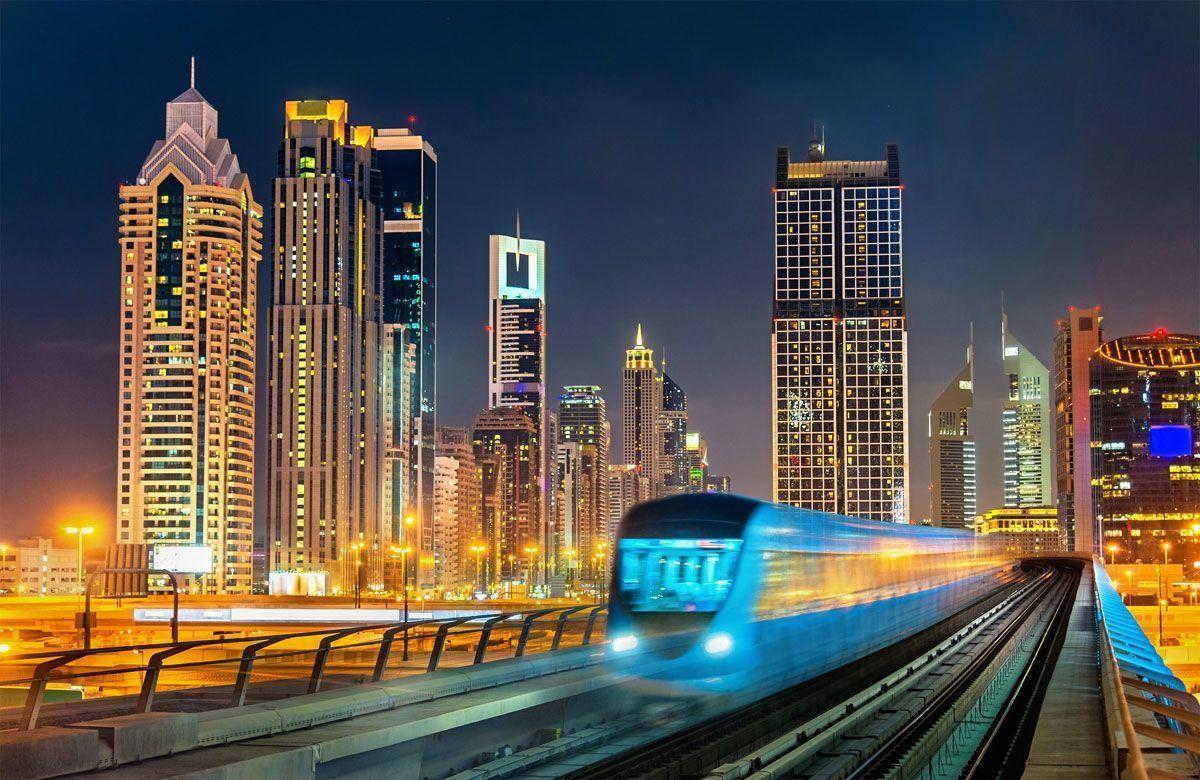At the launch of the World Bank’s 2017 Ease of Doing Business report, chief economist and senior vice-president Paul Romer declared that “simple rules that are easy to follow are a sign that a government treats its citizens with respect”.
If Romer’s words are a benchmark for respect, the last year has been a testament to UAE’s success in this regard. As a nation, we moved five places up the World Bank’s index to 26th. Similarly, several economic reforms undertaken last year have contributed to the economy being recognised by the World Bank as one of the top ten most improved business environments globally.
Such reforms are simplifying processes related to starting a business, obtaining electricity and construction permits, as well as registering property — with wide-reaching implications for the rest of the economy. While the report mainly focusses on the past year, it also offers an insight on how to remain relevant after a year in which there were a record 283 economic reforms worldwide.
In a competitive world economy, the report calls for “smart regulation that… strikes a balance between the need to facilitate the… private sector while providing… safeguards for the interests of consumers and social groups”.
Fortunately, this is one area where Dubai has made progress in its quest to build a sustainable, purpose-built smart city for the world’s top corporations.
Sheikh Mohammed Bin Rashid Al Maktoum, Vice President and Prime Minister of the UAE and Ruler of Dubai, last year launched Government Accelerators, a strategic collaboration between public and private sectors and academia. The Government Accelerators initiative is intended to guide laws, policies and services capable of driving change, raising government efficiency and speeding up services at five ministries: interior, economy, human resources and Emiratisation, climate change and environment, and education.
The Government Accelerators’ launch follows a AED1bn Future Accelerators programme that will also aid the city’s transformation into a powerful innovation hub. Through this initiative, government departments and innovative companies will identify solutions to global challenges in education, health, infrastructure, transportation, security, energy and financial sectors.
The timing of the programme coincides with a global shift in development focus towards urban planning and destination marketing that targets business and leisure visitors. This has not only spurred economic growth around the world, but has also increased competition between cities, making it imperative that we continually adjust our outlook to reflect an ever-changing landscape.
With the city positioned as a dynamic business environment, Dubai Business Events — a division of Dubai Tourism responsible for bringing international meetings and conferences to Dubai — is also focussed on attracting regional and international associations and trade bodies to achieve further advancements in commercial and science sectors. This vision is being actualised by the Dubai Association Centre, which was set up by the Dubai Chamber of Commerce and Industry, Dubai Business Events and Dubai World Trade Centre to be a gateway to the city’s vibrant economy.
To this end, Dubai Business Events is also exploring partnerships with government authorities, diverse businesses and universities to ensure Dubai remains an attractive proposition for research and development, which acts as the key driver of innovation. Existing partners include Wollongong University of Dubai, American University in Dubai, University of Dubai and Zayed University, as well as the Dubai Health Authority, Emirates Medical Association and the UAE Society of Engineers.
We are also in the process of establishing new partnerships with Canadian University Dubai, Mohammed Bin Rashid University of Medicine and Health Sciences, the Emirates Scientist Council, and the UAE Telecommunications Regulatory Authority. By initiating projects with industry and academic organisations, we can continue to attract major international events.
Bryan Gilroy, assistant provost and Dubai campus director at Zayed University, recently explained that “through partnerships with Dubai Business Events, we have been able to target sector specific events within education and bring them to Dubai”.
One of the events he referred to is the National Academic Advising Association Annual Conference, which proved invaluable for the local education sector, as well as a chance for educators from around the world to see the investment being made in developing the higher education sector in Dubai and the UAE.
For a growing number of business leaders and entrepreneurs, events represent the first point of contact with the economy. In turn, as more of the world’s businesses are attracted by Dubai’s physical infrastructure, global connectivity and proximity to booming Middle East markets, the role of international associations in creating a platform for sharing knowledge will increase.
Our strategy remains to attract events and associations that are aligned with the 100 national initiatives identified in the UAE Science, Technology and Innovation Policy for the enhancement of strategic sectors such as education, health, energy, transportation, space and water sectors.
Success in these fields will define our transition into a knowledge economy.










